Julian Assange is finally free but his plea deal sets dangerous precedent for journalists
By Ivan Kesic
After 12 years in detention, including 5 years in a UK prison, Julian Assange is finally a free man, but the real winner is the US as he was forced to agree to a blackmail deal in exchange for freedom.
The Wikileaks founder and whistleblower returned home to Australia on Wednesday after pleading guilty to one count of the indictment in an American court, according to a pre-arranged plea deal.
He did not return home as an innocent man acquitted of charges, but as a convicted criminal after serving a valid prison sentence, for exposing American war crimes to the world.
Who is Julian Assange?
Assange is an Australian journalist and activist, a world-renowned whistleblower and the founder of the WikiLeaks website, which publishes leaked confidential government documents in public interest.
WikiLeaks has been publishing such documents since 2006, and they attracted worldwide attention in 2010 when, in cooperation with former US intelligence officer Chelsea Manning, the website published a series of materials that exposed US war crimes in the disastrous wars in Iraq and Afghanistan.
In July 2010, the website published over 90,000 secret documents about Afghanistan, and an even bigger revelation came in October when almost 400,000 secret US Army field reports from Iraq were published.
Those leaks exposed to the world numerous American war crimes and indiscriminate killings of civilians, covered up by the US government, and over 66,000 civilian deaths documented only in Iraq.
A month later, WikiLeaks also released over 250,000 classified US diplomatic cables, marked "confidential" or "secret," revealing details of the US State Department's communications with diplomatic missions around the world.
These actions made Assange globally popular and the winner of numerous awards for journalism and freedom of speech but at the same time a target of the US regime that sought to tear down his reputation and freedom.
Wikileaks founder Juliian Assange freed from UK jail
— Press TV 🔻 (@PressTV) June 26, 2024
Press TV's @sayidpureza reports from London pic.twitter.com/szr1MC9u7p
Why was he imprisoned?
In September 2010, a few weeks after the first massive leak wave; Swedish authorities issued an arrest warrant for Assange on two separate sexual assault allegations.
Assange, then residing in the UK, claimed that the charges were false and the result of an American manhunt aimed at destroying his reputation and depriving him of his freedom.
After a British court ruled that he could be extradited to Sweden, in June 2012 he entered the Embassy of Ecuador in London where he was granted political asylum two months later.
He did so because he feared that after his extradition to Sweden, he would be quickly extradited to the United States, where he would face a serious charge of espionage and up to 175 years in prison.
London responded by installing new CCTV cameras to monitor his daily activities and his staff's every move, and Washington pressured Quito to revoke his asylum.
In 2019, two years after Sweden dropped charges against Assange, the Ecuadorian government revoked his asylum and allowed British police to enter the embassy and arrest him.
Although the official reason for his arrest was skipping bail, he was arrested at the request of the US government, which sought his extradition on 18 counts of indictment, including encouraging and helping Chelsea Manning to forward the military files.
For full years, Assange remained in a maximum-security prison in southeast London, during which his physical and mental health deteriorated alarmingly.
In early 2021, Assange was denied bail because he was deemed to be a flight risk, and the following year a UK court decided that he would be extradited to the United States.
He filed an appeal against the court's decision and in 2023; the High Court in London dismissed it, despite widespread international support.
What's in the deal?
In February this year, the Australian parliament passed a motion that called on the American and British governments to allow Assange to return to his native country, Australia.
Two months later, US President Joe Biden said he was considering an Australian official request to drop the prosecution against him.
Finally, on June 24, Assange agreed to plead guilty to violating the US Espionage Act and prosecutors agreed to a sentence of five years, precisely corresponding to the time already served in a British prison.
He had to appear in a federal court in the Northern Mariana Islands, a US commonwealth in the western Pacific, and admit the charges of conspiring to unlawfully obtain and disseminate classified national defense information.
The location of the hearing was chosen due to its proximity to Australia and Assange's refusal to travel to the US mainland, and under the deal, the other charges will be dismissed.
Why isn’t it victory for Assange?
According to reports, Assange was released from prison on Monday morning and flew to Thailand the next day, en route to Saipan in the Northern Mariana Islands.
There, he was forced to plead guilty, in accordance with the agreement reached with the US authorities, thus ending the fourteen-year legal saga.
After that, he flew back to Australia, where his wife and family welcomed him, but many commentators and press freedom advocates do not see this as a victory for Assange.
The plea deal is widely seen as his acquiescence to coercion, set up by years of deprivation of liberty, giving validity to the US indictment and British imprisonment.
Julian Assange was released from a British prison and returned to his home country Australia after his 12-year battle against extradition to the United States ended in a plea deal.
— PressTV Extra (@PresstvExtra) June 25, 2024
Follow Press TV on Telegram: https://t.co/0EMmcJs6DL pic.twitter.com/K6A9iO1x7h
Human rights advocates, including his lawyer, warned that Assange’s case has set a dangerous precedent in which journalists and whistleblowers who report on classified information in public interest in the United States would be charged with espionage.
The fact that one charge out of 18 charges related to espionage was invoked and Assange was forced to plead guilty, according to activists, raises big questions over press freedom in the US.
"The danger was spending the rest of his life in a maximum security jail in the United States, so this is coercion. Julian Assange did nothing whatsoever wrong. Julian Assange exposed the US war crimes," said Craig Murray, a former British diplomat and his friend.
"While we welcome the end of his detention, the US’s pursuit of Assange has set a harmful legal precedent by opening the way for journalists to be tried under the Espionage Act if they receive classified material from whistleblowers," said Jodie Ginsberg, CEO of the Committee to Protect Journalists.
"The plea deal won’t have the precedential effect of a court ruling, but it will still hang over the heads of national security reporters for years to come," said Seth Stern, director of advocacy for Freedom of the Press Foundation (FPF).
Stella Assange, echoed the same sentiment, calling it “a serious concern for journalists.”
"The fact that there is a guilty plea under the Espionage Act in relation to obtaining and disclosing national defense information is obviously a very serious concern for journalists and national security journalists in general,” she was quoted as saying.
Gaza urges global action nearly a year after abduction of Dr. Abu Safiya
Iran opens major seawater transfer project to Isfahan
VIDEO | Israel is collapsing from within
UN raises alarm over ongoing Israeli strikes near peacekeepers in Lebanon
Iran, Egypt urge global action to end Israel’s violations in Gaza, Lebanon
21,000 Palestinian children ‘disabled or amputated’ in Gaza: NGO
Qatar warns Gaza deal not a true ceasefire without Israeli withdrawal
Explainer: Why is America losing its young generation to mental health epidemic


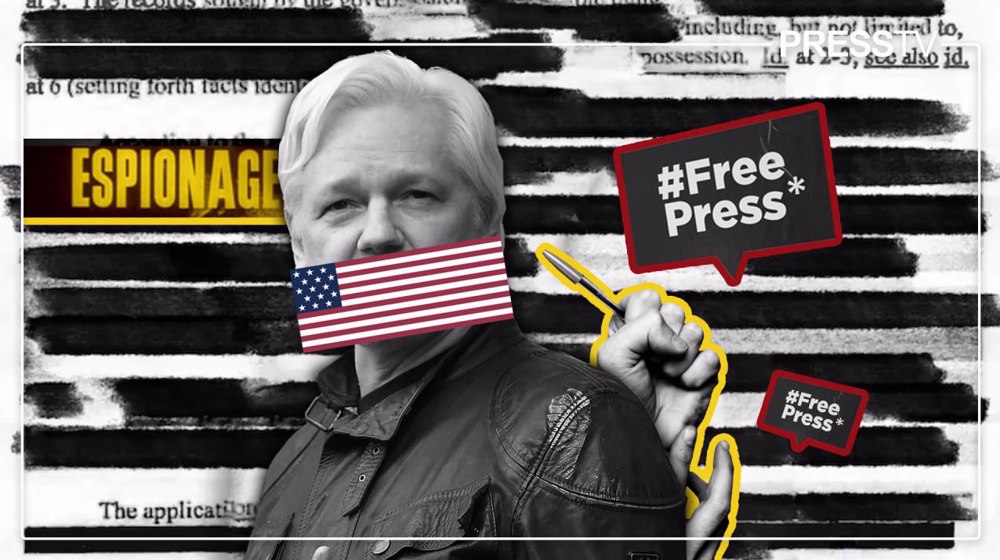
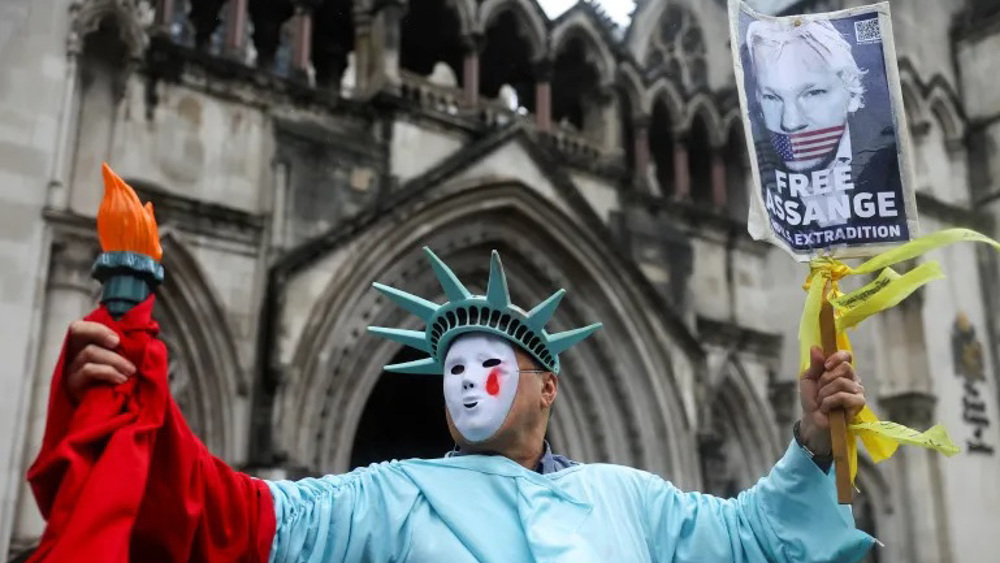

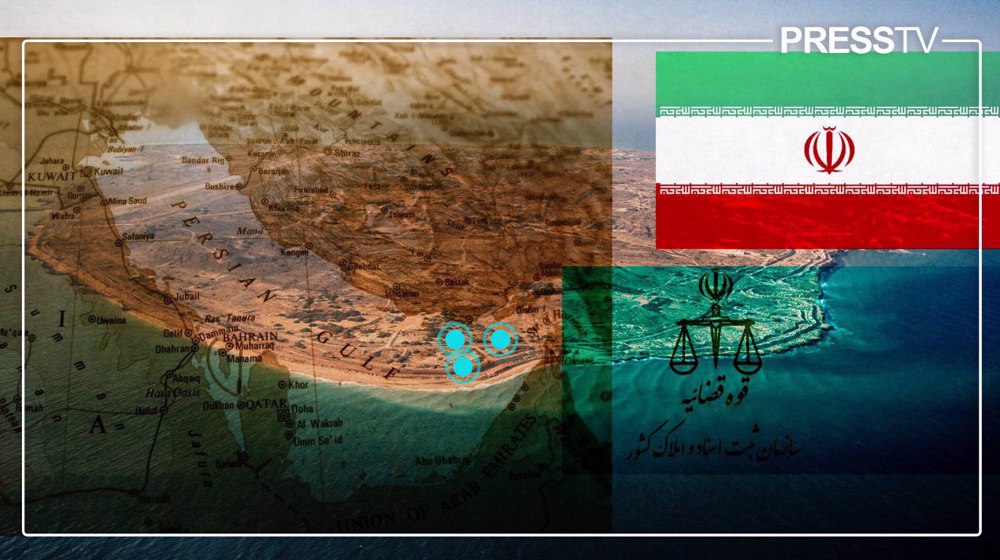
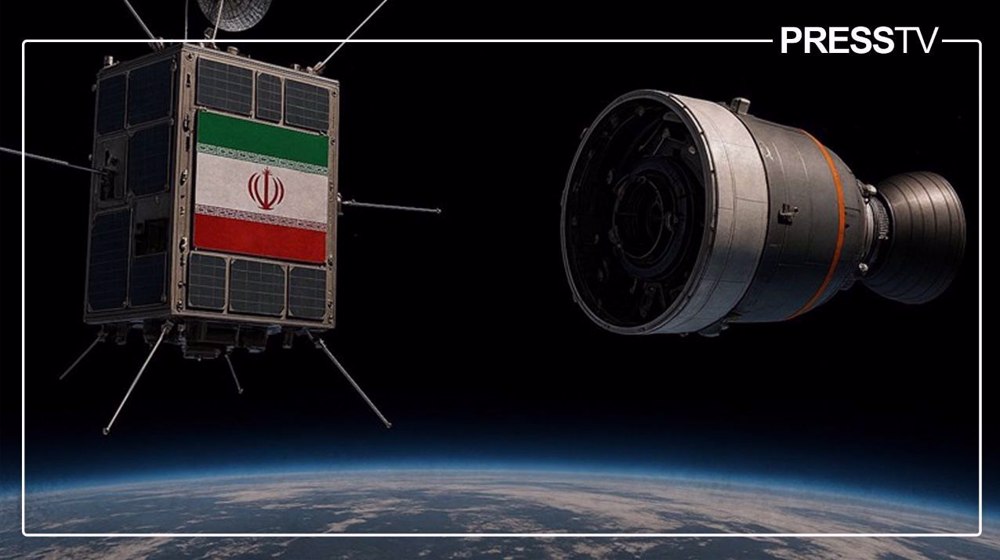



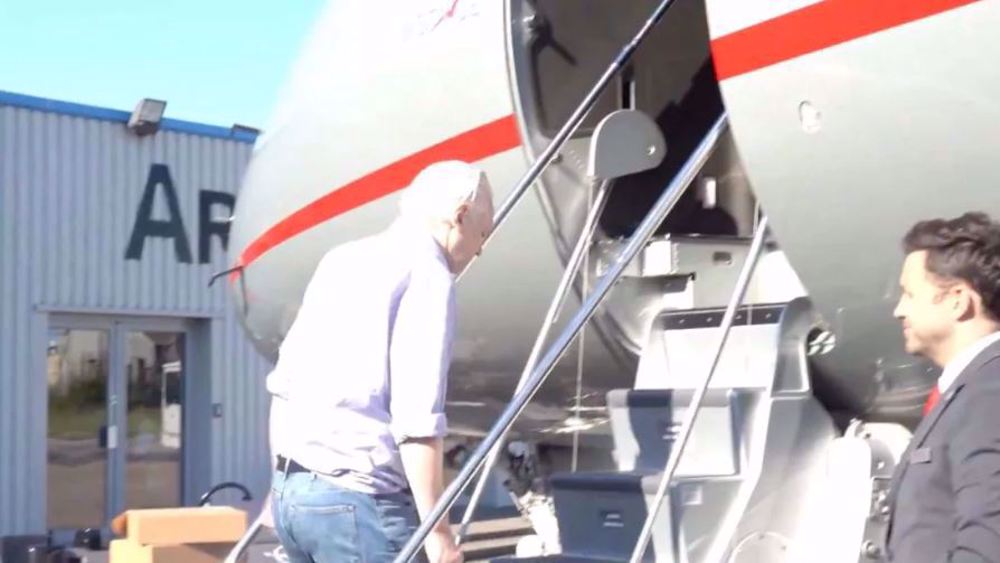
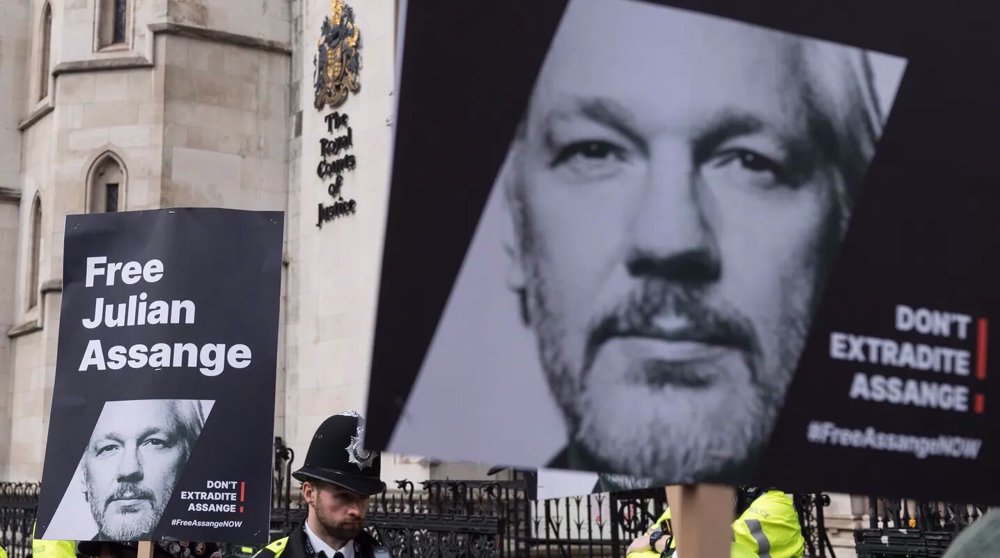
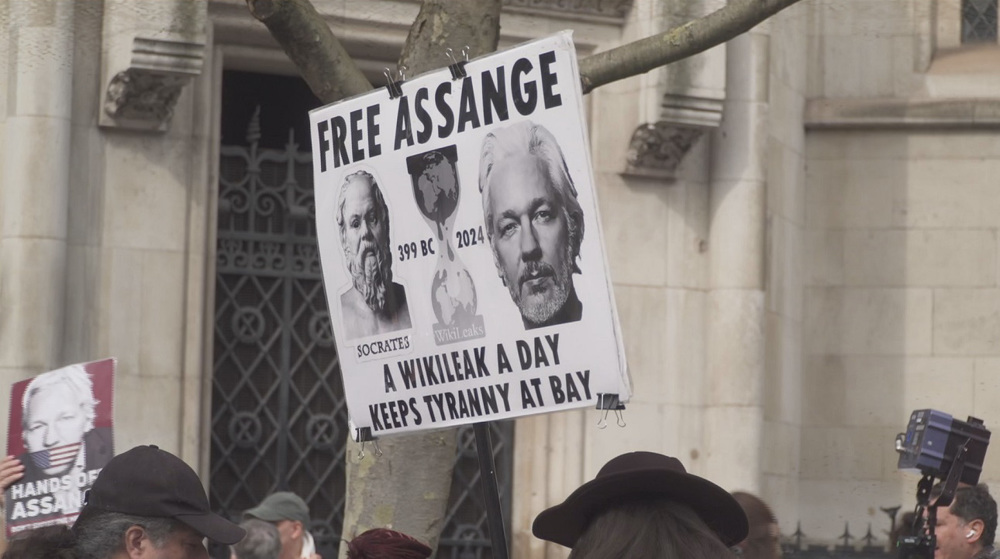
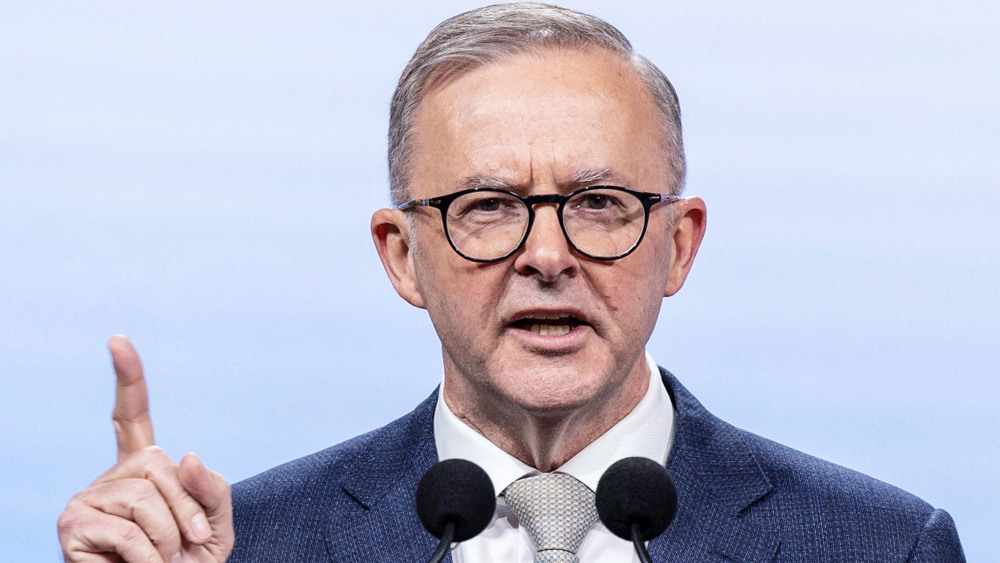
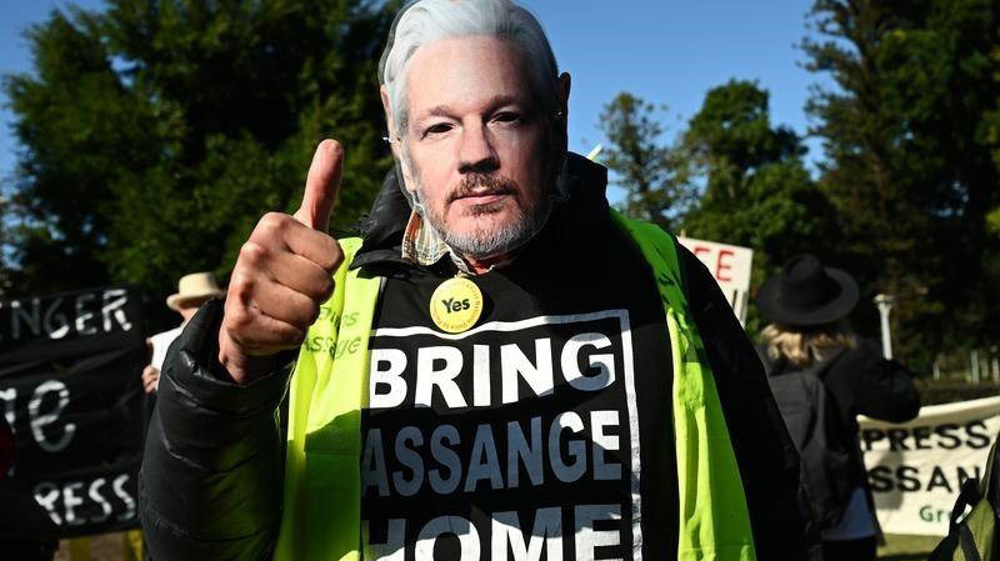

 This makes it easy to access the Press TV website
This makes it easy to access the Press TV website